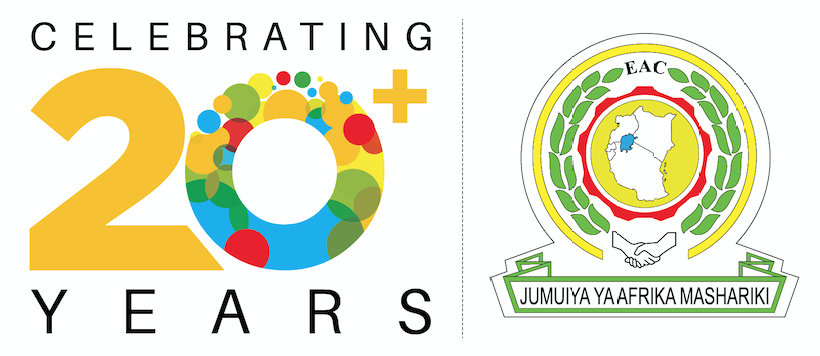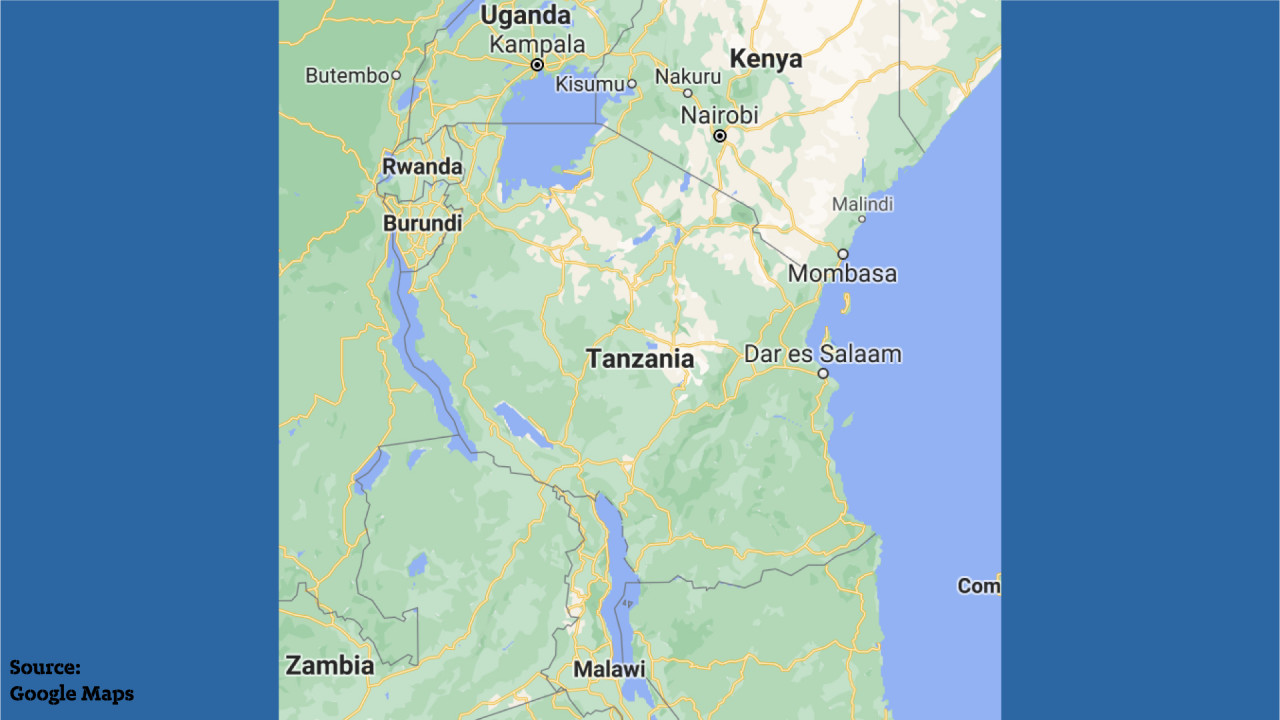AWF story
Water in the African Great Lakes Region

Before the COVID-19 pandemic hit, thousands of visitors from around the world would come to the Great Lakes region in Africa every year. Countries like Uganda and Tanzania offer some of the most mesmerising natural landscapes of our planet. Visiting Tanzania, for example, inevitably we come across the Serengeti's extraordinary biodiversity, the Kilimanjaro's snowy mountains and the massiveness of Lake Tanganyika.
Encompassing Lake Tanganyika, Lake Victoria and Lake Malawi, among others, the African Great Lakes region presents some of the planet's largest freshwater sources. Confronted with this information, we must ask: why are the millions of people living in this region suffering enormous hardship, disease and even death due to water scarcity?
Tanzania and Uganda have vast territories. These huge freshwater masses are just a part of these countries' territories that also encompass several regional differences in terms of aridity. According to the East African Community (EAC), the catchment of water from the Great Lakes depends on Water Towers — a "collection of mountain ecosystems and associated river basins" that "have a major influence on regional hydrology and global climatic cycles."
Most water towers in the region are now "severely degraded," for the most part due to human activity. Preserving and restoring these Water Towers is an essential step to achieving water security. This calls for significant investments and lengthy and complex restoration processes. In the meantime, water in Tanzania and Uganda is not evenly distributed. The lack of physical infrastructure to transport and store enough water to low availability areas is also highly problematic, especially in regions where population density is increasing at high speed. The water collected and transported can often be very polluted due to poor waste management and underdeveloped sanitation systems.
The consequences are tragic for Tanzanians, Ugandans and other populations of the region. And by defending these countries' water ecosystems, we are also preserving some of the planet's most precious natural resources. We must fight for the rehabilitation of the Great Lakes as an integral part of the global climatic cycles and join voices to help the populations who, despite living close to these resources, face water scarcity and its effects on health, education, and well-being.
Last year, working with Water Mission, AWF supported projects that brought safe water to 15 schools in Tanzania and to a Health Centre in Malawi.

Water Resources
By accepting you will be accessing a service provided by a third-party external to https://azimuthworldfoundation.org/




